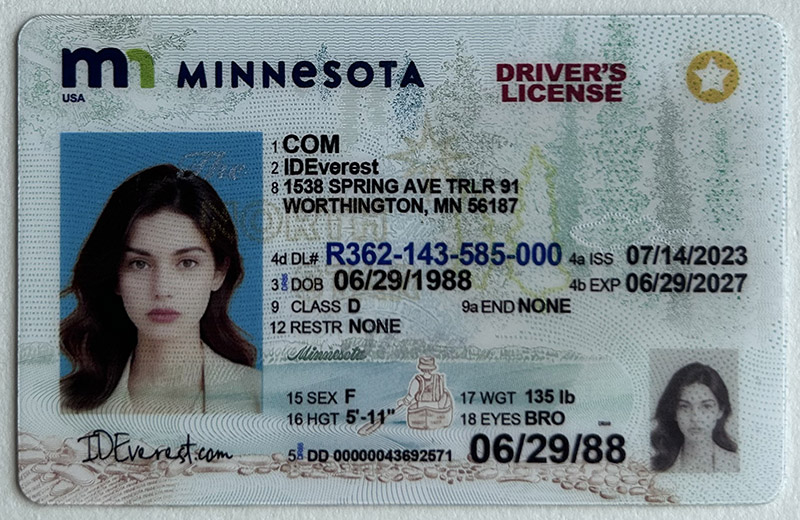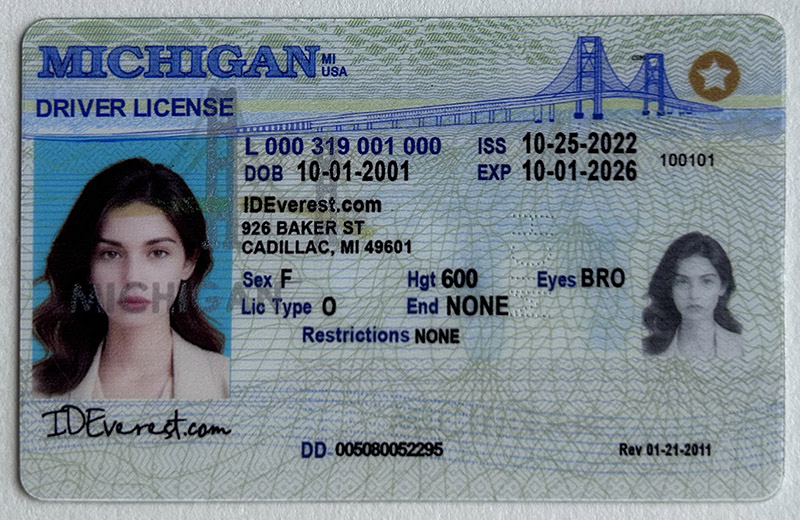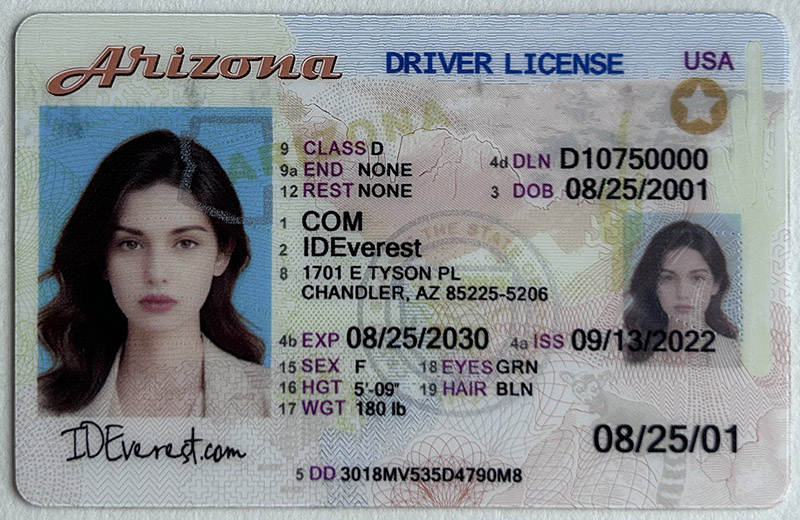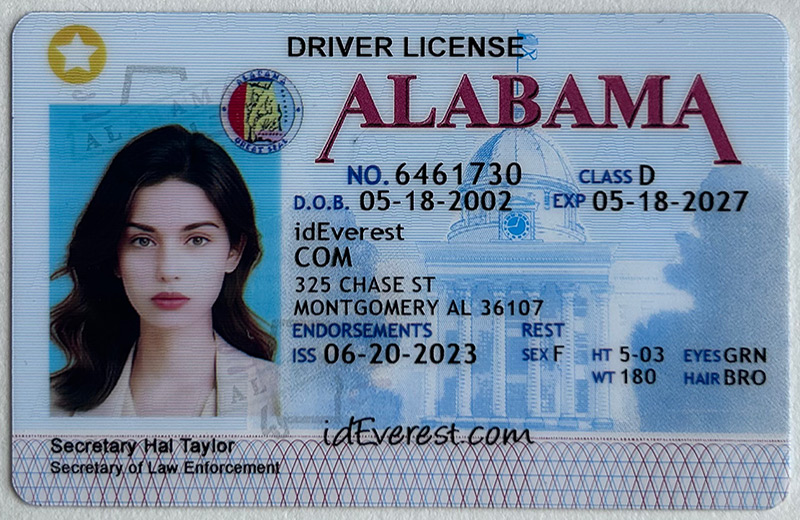The Use of Scannable Fake IDs: Exploring Their Benefits and Usability
The Use of Scannable Fake IDs: Exploring Their Benefits and Usability
Fake IDs have long been a subject of controversy, especially when considering their legality and ethical implications. However, for many, the appeal of possessing a high-quality scannable fake ID stems from its practical uses, particularly in certain social or economic situations. States such as Louisiana, Colorado, Oregon, and New Jersey are popular destinations where individuals seek scannable fake IDs for specific advantages. These IDs have become increasingly sophisticated and reliable, offering several benefits that appeal to a variety of users. This article will explore the positive aspects and potential uses of fake IDs, focusing on Louisiana scannable IDs, Colorado scannable IDs, Oregon scannable IDs, and New Jersey fake IDs.
The Appeal of Scannable Fake IDs
Scannable fake IDs are designed to mimic real identification documents as closely as possible. The reason they are referred to as "scannable" is that they can be successfully scanned by most modern systems used by bars, clubs, and certain businesses. This is in contrast to older, low-quality fake IDs that could be easily spotted as fraudulent due to incorrect barcodes or poorly replicated magnetic strips. The advent of scannable fake IDs has provided a solution to this issue, allowing users to confidently present their IDs without fear of detection by scanning equipment.
The use of fake IDs, especially scannable ones, has become more sophisticated with advancements in technology. These fake IDs can replicate nearly every feature of real IDs, from the holograms and UV-sensitive details to barcodes and magnetic strips that are essential for being recognized by modern verification systems. Whether one needs a Louisiana scannable ID, a Colorado scannable ID, or an Oregon scannable ID, today's technology ensures that the IDs can withstand scrutiny.
Social Benefits
Access to Nightlife and Entertainment Venues
For many young people, one of the most common uses of fake IDs is to gain access to age-restricted venues such as bars, nightclubs, and music festivals. In states like Louisiana and New Jersey, where the legal drinking age is 21, scannable fake IDs provide young adults the opportunity to experience nightlife and social events before reaching the legal age.
While the ethical implications of underage drinking can be debated, it is undeniable that scannable fake IDs offer a gateway to social integration for those who feel left out due to age restrictions. For individuals seeking to expand their social circles and engage in the same activities as their older peers, a fake ID can level the playing field. Additionally, for international students or visitors who come from countries where the legal drinking age is lower, obtaining a fake ID in the U.S. can help ease their transition into American culture.
Convenience for Travel
Scannable fake IDs can also be beneficial when it comes to travel. For example, some people may use a fake ID to rent a car, particularly when they are just below the legal age requirement in certain states. In many places, individuals must be 21 or older to rent a vehicle without additional fees or restrictions, but a fake ID allows them to bypass these limitations.

Similarly, some users may find it convenient to have a scannable fake ID that provides an alternative identity when traveling. For instance, if one is temporarily living or traveling in Colorado or Oregon, possessing a scannable ID from those states can provide a sense of security when navigating local situations. This could range from booking accommodations to entering local events that require proof of residence or age.
Professional and Business Uses
Employment and Gig Opportunities
In the gig economy, certain job opportunities or freelance gigs may require individuals to be of a certain age or present proof of residency in specific states. Scannable fake IDs can facilitate this process. For example, if someone is looking for temporary work in Oregon or New Jersey, presenting a fake ID from these states could provide access to local job markets.
Additionally, some workers might choose to use a scannable fake ID to protect their real identity, especially in industries where privacy is important. Whether working as a nightclub promoter, a delivery driver, or an independent contractor, a fake ID can offer a layer of protection by separating one’s personal life from professional endeavors. This is particularly useful in fields where dealing with large numbers of strangers or potentially dangerous individuals is a concern.
Access to Age-Restricted Products
Another notable use of scannable fake IDs is in accessing age-restricted products like alcohol, tobacco, or cannabis. For instance, in states like Colorado and Oregon where cannabis is legal for recreational use, scannable fake IDs provide a means for those who are underage but still wish to purchase these products.
Fake IDs also offer a more secure and reliable way of obtaining these products, as they are often indistinguishable from real IDs when scanned. This reduces the likelihood of being caught or refused service. For users who rely on cannabis for medicinal purposes but are not of legal age, a scannable fake ID can offer access to dispensaries without the complications associated with obtaining a medical card.
Enhancing Security and Personal Freedom
Protecting Identity and Privacy
In some cases, scannable fake IDs can provide an extra layer of security for individuals who wish to protect their personal information. With the rise of identity theft and privacy concerns, many people are hesitant to provide their real identification in situations where their data might be compromised. By using a fake ID, individuals can shield their personal details from potentially risky transactions or interactions.
For example, when registering at a gym or signing up for a short-term service contract, using a scannable fake ID can minimize the risk of personal data being leaked or sold to third parties. This also applies to online transactions, where one may need to upload a photo ID for verification purposes but prefer not to disclose real information. A New Jersey fake ID, for instance, could be used in place of a real ID to avoid exposing sensitive data.
Avoiding Bureaucratic Delays
Scannable fake IDs can also help circumvent bureaucratic delays or complications. For instance, individuals who recently moved to a new state like Colorado or Oregon might experience delays in obtaining their official ID cards or driver’s licenses due to processing times. In such cases, a fake ID can serve as a temporary substitute, allowing them to access services and resources while waiting for their official documentation to arrive.
Moreover, certain situations may require immediate access to identification for various services, and waiting for a real ID may not be feasible. For example, if someone needs to quickly open a bank account, apply for a loan, or register for utilities, using a fake ID could expedite the process without unnecessary delays.
Customization and Flexibility
Tailored Features
One of the key benefits of obtaining a scannable fake ID is the ability to customize the document to fit specific needs. Whether one requires an ID that resembles a Louisiana driver's license, a Colorado scannable ID, or an Oregon state ID, these fake IDs can be tailored to reflect the desired state, age, and personal details. This flexibility allows users to select the features that best suit their situation, providing an ID that is indistinguishable from a real one.
Multiple Uses for Different Scenarios
The versatility of scannable fake IDs means they can be used in a wide variety of scenarios. For instance, someone might use a New Jersey fake ID for professional purposes, while using a Louisiana scannable ID for nightlife and entertainment. The ability to possess multiple IDs from different states adds to their utility, ensuring that the user is well-equipped to handle any situation that requires proof of identification.
Conclusion
In summary, scannable fake IDs offer numerous benefits, ranging from social advantages to professional uses and personal protection. Whether one is seeking access to nightlife, age-restricted products, or job opportunities in states like Louisiana, Colorado, Oregon, or New Jersey, these IDs provide a valuable tool for navigating modern society. With their advanced technology and customizable features, scannable fake IDs offer a level of reliability and discretion that appeals to a wide range of users.

 The Best Scannable Minnesota F
The Best Scannable Minnesota F
 The Best Scannable Michigan Fa
The Best Scannable Michigan Fa
 Arizona Fake ID Cards
Arizona Fake ID Cards
 ideverest scans Alabama fake I
ideverest scans Alabama fake I